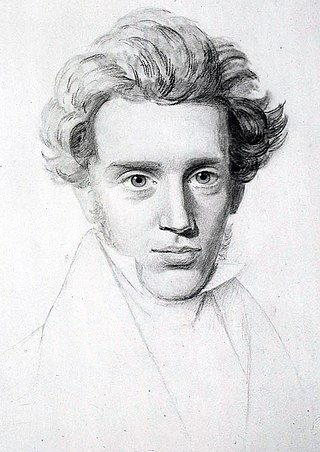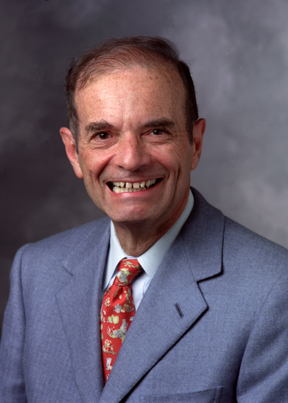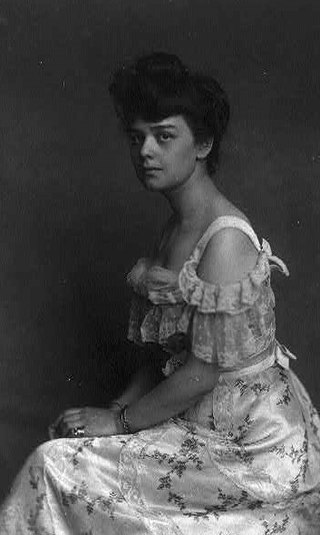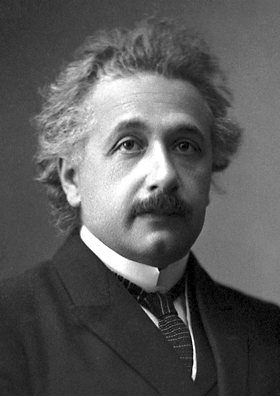
Søren Aabye Kierkegaard was a Danish theologian, philosopher, poet, social critic, and religious author who is widely considered to be the first existentialist philosopher. He wrote critical texts on organized religion, Christianity, morality, ethics, psychology, and the philosophy of religion, displaying a fondness for metaphor, irony, and parables. Much of his philosophical work deals with the issues of how one lives as a "single individual", giving priority to concrete human reality over abstract thinking and highlighting the importance of personal choice and commitment. He was against literary critics who defined idealist intellectuals and philosophers of his time, and thought that Swedenborg, Hegel, Fichte, Schelling, Schlegel, and Hans Christian Andersen were all "understood" far too quickly by "scholars".
Relativism is a family of philosophical views which deny claims to objectivity within a particular domain and assert that valuations in that domain are relative to the perspective of an observer or the context in which they are assessed. There are many different forms of relativism, with a great deal of variation in scope and differing degrees of controversy among them. Moral relativism encompasses the differences in moral judgments among people and cultures. Epistemic relativism holds that there are no absolute principles regarding normative belief, justification, or rationality, and that there are only relative ones. Alethic relativism is the doctrine that there are no absolute truths, i.e., that truth is always relative to some particular frame of reference, such as a language or a culture. Some forms of relativism also bear a resemblance to philosophical skepticism. Descriptive relativism seeks to describe the differences among cultures and people without evaluation, while normative relativism evaluates the word truthfulness of views within a given framework.
Biblical inerrancy is the belief that the Bible "is without error or fault in all its teaching"; or, at least, that "Scripture in the original manuscripts does not affirm anything that is contrary to fact". Some equate inerrancy with biblical infallibility; others do not.

A Course in Miracles is a 1976 book by Helen Schucman. The underlying premise is that the greatest "miracle" is the act of simply gaining a full "awareness of love's presence" in a person's life. Schucman said that the book had been dictated to her, word for word, via a process of "inner dictation" from Jesus Christ. The book is considered to have borrowed from New Age movement writings.
John Corrigan "Jonathan" Wells is an American biologist, theologian, and advocate of the pseudoscientific argument of intelligent design. Wells joined the Unification Church in 1974, and subsequently wrote that the teachings of its founder Sun Myung Moon and his own studies at the Unification Theological Seminary and his prayers convinced him to devote his life to "destroying Darwinism."
Ernest Shurtleff Holmes was an American New Thought writer, teacher, and leader. He was the founder of a spiritual movement known as Religious Science, part of the greater New Thought movement, whose spiritual philosophy is known as "The Science of Mind." He was the author of The Science of Mind and numerous other metaphysical books, and the founder of Science of Mind magazine, in continuous publication since 1927. His books remain in print, and the principles he taught as "Science of Mind" have inspired and influenced many generations of metaphysical students and teachers. Holmes had previously studied another New Thought teaching, Divine Science, and was an ordained Divine Science Minister. His influence beyond New Thought can be seen in the self-help movement.
Word of Faith is a movement within charismatic Christianity which teaches that Christians can get power and financial prosperity through prayer, and that those who believe in Jesus' death and resurrection have the right to physical health.
Pergamon Press was an Oxford-based publishing house, founded by Paul Rosbaud and Robert Maxwell, that published scientific and medical books and journals. Originally called Butterworth-Springer, it is now an imprint of Elsevier.

Helen LaKelly Hunt is an American activist and writer. She is the daughter of oil tycoon H. L. Hunt. She holds earned and honorary degrees from Union Theological Seminary (NY) and Southern Methodist University.

Iyanla Vanzant is an American inspirational speaker, lawyer, New Thought spiritual teacher, author, life coach, and television personality. She is known primarily for her books, her eponymous talk show, and her appearances on The Oprah Winfrey Show. From 2012 to 2021, she served as host of OWN's Iyanla: Fix My Life.
Arthur D. Levinson is an American businessman and is the chairman of Apple Inc. (2011–present) and chief executive officer (CEO) of Calico. He is the former CEO (1995–2009) and chairman (1999–2014) of Genentech.
Anne F. Beiler is an American businesswoman and founder of Auntie Anne's pretzels.

Lubert Stryer was an American academic who was the Emeritus Mrs. George A. Winzer Professor of Cell Biology, at Stanford University School of Medicine. His research over more than four decades had been centered on the interplay of light and life. In 2007 he received the National Medal of Science from President Bush at a ceremony at the White House for elucidating the biochemical basis of signal amplification in vision, pioneering the development of high density microarrays for genetic analysis, and authoring the standard undergraduate biochemistry textbook, Biochemistry. It is now in its tenth edition and also edited by Jeremy Berg, Justin Hines, John L. Tymoczko and Gregory J. Gatto, Jr.

Helen Julia Hay Whitney was an American poet, writer, racehorse owner and breeder, socialite, and philanthropist. She was a member by marriage of the prominent Whitney family of New York.

Questions of Truth is a book by John Polkinghorne and Nicholas Beale which offers their responses to 51 questions about science and religion. The foreword is contributed by Antony Hewish.

Albert Einstein's religious views have been widely studied and often misunderstood. Albert Einstein stated "I believe in Spinoza's God". He did not believe in a personal God who concerns himself with fates and actions of human beings, a view which he described as naïve. He clarified, however, that, "I am not an atheist", preferring to call himself an agnostic, or a "religious nonbeliever." In other interviews, he stated that he thought that there is a "lawgiver" who sets the laws of the universe. Einstein also stated he did not believe in life after death, adding "one life is enough for me." He was closely involved in his lifetime with several humanist groups. Einstein rejected a conflict between science and religion, and held that cosmic religion was necessary for science.

Mark J. Poznansky is a research scientist, science administrator and science blogger. He is the past president and CEO of the Ontario Genomics Institute (OGI) and was previously chair of the board of OGI, and the founder of G2G Consulting Inc. He is a member of the Order of Canada, a member of the Order of Ontario and was CEO, president and scientific director of Robarts Research Institute.

Jacqueline Winspear is a mystery writer, author of the Maisie Dobbs series of books exploring the aftermath of World War I. She has won several mystery writing awards for books in this popular series.
Tiruchirappalli Chelvaraj Anand Kumar (1936–2010) was an Indian biologist and reproductive biologist and the creator of the second scientifically documented test tube baby in India. He was the founder of Hope Infertility Clinic, Bangalore and the director of the National Institute for Research in Reproductive Health. He was an elected fellow of the Indian Academy of Sciences and the National Academy of Medical Sciences and a recipient of the Sanjay Gandhi National Award. The Council of Scientific and Industrial Research, the apex agency of the Government of India for scientific research, awarded him the Shanti Swarup Bhatnagar Prize for Science and Technology, one of the highest Indian science awards, in 1977, for his contributions to biological sciences.









